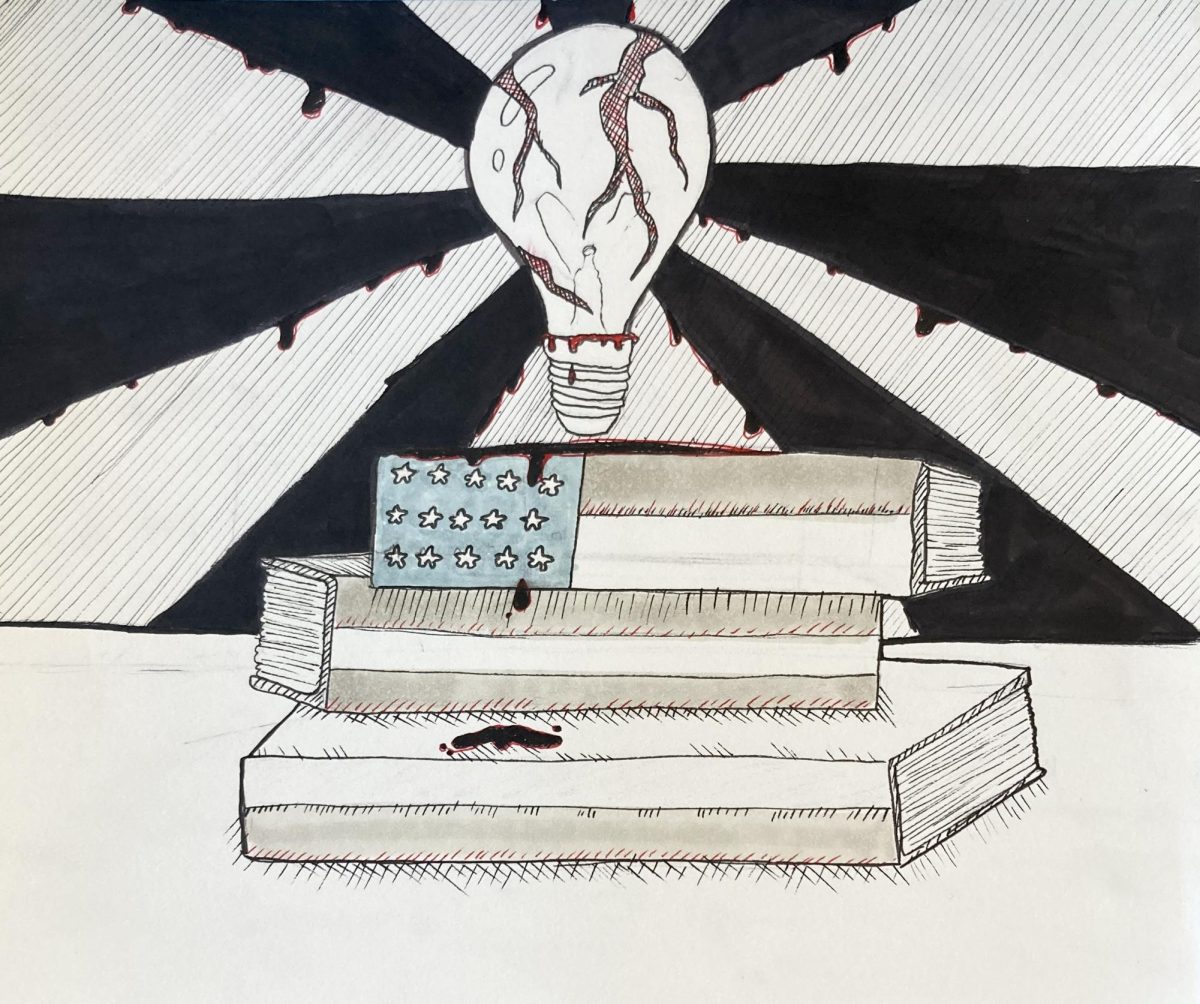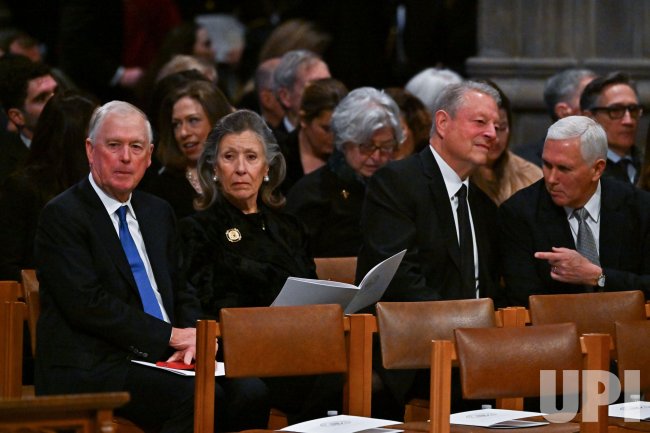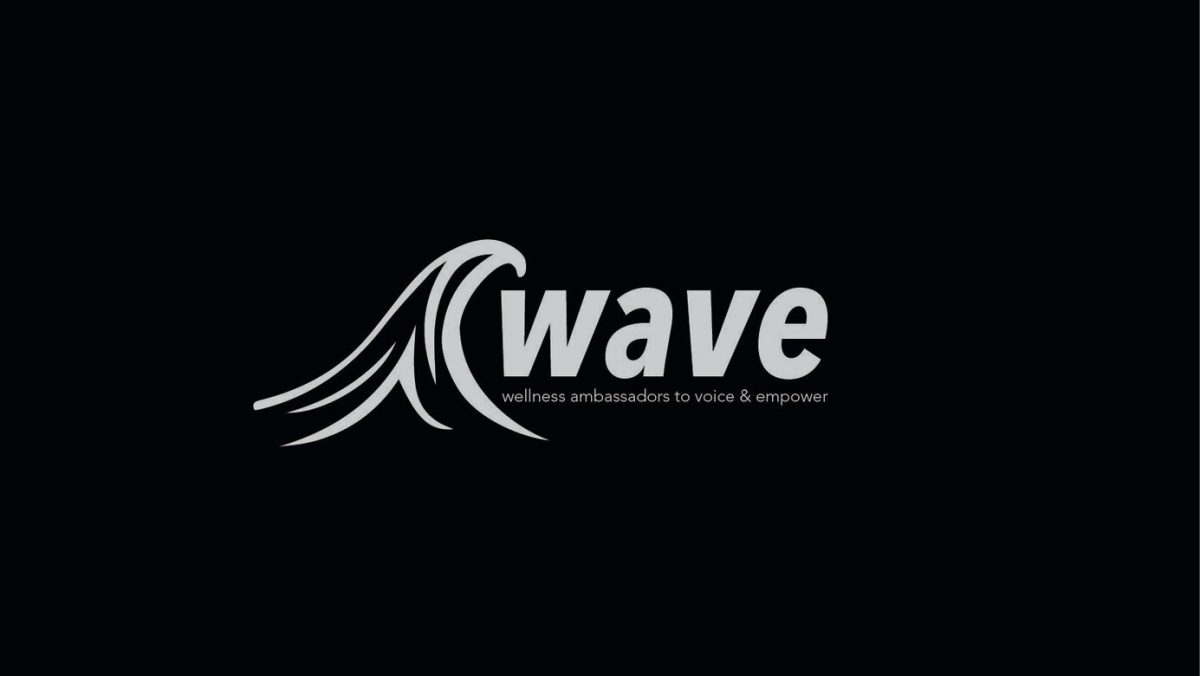One of the most dystopian developments in the stark polarization of American politics has been the blatant censorship of public education by means of state legislation, executive order, or other establishment of state policy. Over the last three years, according to statistics collected by PEN America, 40 of such policies have been established within at least 22 individual states, with over 300 such bills being proposed across the nation.
What is curriculum censorship legislation, and how has it affected American education?
While the history of curriculum censorship in the United States is complex and has relied heavily on establishing false historical narratives, the Association of Research Libraries traces the recent wave of pedagogical suppression back to former President Trump’s 2020 Executive Order Combating Race and Sex Stereotyping. This executive order, from which many of the initial state education censorship bills stemmed, placed emphasis on attacking what were labeled as “divisive concepts.” Such concepts include the idea that “meritocracy or traits such as a hard work ethic are racist or sexist, or were created by a particular race to oppress another race,” or that “the United States is fundamentally racist or sexist.”
Florida’s HB 7, known as the Individual Freedom Bill or the Stop WOKE Bill, takes these divisive concepts word for word and expands upon them to establish a complex system of historical and curricular censorship disguised as being “colorblind.” This bill particularly has, over the past few years, acted as one of the most infamous educational suppression bills. Through its vague language, which does not specify what actual content is considered a “divisive concept,” it has imposed upon many Florida educators an immense amount of stress and fear regarding what can and cannot be taught. This ambiguity, leading to confusion and increased self-censorship, is commonly found within most, if not all, such bills.
It is important to remember that while these race-focused censorial bills may not be found dancing across the television screen in the daily news or in breaking headlines, having been passed two or three years prior, they are still in effect and still censor the education that American children are receiving.
Many of the bills passed or considered in 2021 and 2022, which specifically targeted how topics of race and racism are addressed in the classroom, were purportedly directed at combating Critical Race Theory.
CRT is a college level theory that examines racism in America, both historical and current, and argues that it is fundamentally intertwined with the structures of the state due to their being formed within an economic system that was designed to benefit white men. However, not only is this attack on CRT being used to censor actual CRT-based courses in public universities via acts such as Florida’s HB 7, but it allows for the justification of an actual revision of history in public K-12 districts that don’t even teach CRT. For instance, if a teacher were to provide their students with a copy of Frederick Douglass’ “What to the Slave Is the Fourth of July?” speech, in which institutionalized racism is addressed by Douglass who experienced it firsthand, they would face being reported, fired, or harassed by parents and colleagues.
Similarly, the New York Times’ 1619 Project, which emphasizes the historical and economic significance of institutionalized, race-based chattel slavery within the nation’s founding, is directly addressed in many of the racial-history censorship bills. Mississippi’s SB 2538, the first of these state-sponsored bills following Trump’s executive order, prevents educators from utilizing the 1619 Project, which the bill labels as a “racially divisive and revisionist account of history that threatens the integrity of the Union,” or any similar resources in their classrooms. This is, of course, in addition to the forbidden “divisive concepts.”
According to studies conducted by the RAND Corporation, 52 percent of educators in states with such bills report that the laws affect how and what they teach. This number seems remarkably low until it is taken into account that the bills disproportionately target humanities and social studies courses, and that half of core subjects fall within this category. This statistic therefore indicates that the bills have had their desired effect. In fact, social studies and English language arts teachers, as well as Black educators, are significantly more likely to indicate that they have censored themselves and their courses.
Many of these teachers are not merely affected by the previously mentioned bills that address race and racism, but must also comply with legislation aiming to limit the discussion of sexual orientation and gender identity in the classroom. In 2023, 39 such bills were proposed in state legislatures, and six were passed in Florida, Kentucky, Iowa, North Carolina, Arkansas, and Indiana.
This shift is likely the result of the simple fact that gender discussion in the classroom is much more controversial than the discussion of race, which a large, bipartisan majority of American citizens feels should not be suppressed. These LGBTQ+ focused censorship bills allow for the continued existence and even proposal of race-based censorial legislation to be ignored, and they allow for certain state politicians to gain political victories with their constituencies at the expense of educators and students.
These legislative acts also disproportionately affect humanities courses. All literature that addresses any relationship between beings that are not heterosexual is forbidden, alongside any literature in which gender identity is mentioned in a manner that does not depict the character as being cis-male or cis-female. As such, ELA educators are further forced to censor themselves, especially in the middle and high school levels, where such topics are common themes in many works of literature. In addition, where this legislation affects the higher grade levels, history courses are further censored. For instance, a social studies educator could not, without discussing gender identity and sexual orientation, and thus risk losing their position, honestly educate their students about the Stonewall rebellion, about Marsha P. Johnson, about the sexual revolution, about the AIDs epidemic of the 1980s, and so on.
It is important to note that, while this legislation is largely a far right tactic of gaining victories in the “culture war,” there has been one liberal education censorship policy in California. The policy requires post-secondary educators to demonstrate “diversity, equity, inclusion, and accessibility… and anti-racist principles.” According to PEN America, when taken at face value, the policy is not nearly as concerning as those in other states that actively seek to rewrite history, but when combined with other statutes, it has potential to “gag the research and pedagogy of tens of thousands of California community college faculty.” The consequences of failing to comply with the provisions of such bills and the aforementioned statutes threatens the end of tenure for college professors and researchers.
So why and how does such censorial legislation not affect New Mexico?
To begin with, it does. Students in New Mexico must take such censorship into account when deciding where they wish to pursue secondary education, as such bills arguably have the propensity to affect the quality of education students may receive.. And even states with a large Democrat majority, such as New Mexico, will face the looming shadow of censorship, even if only in dangerously zealous proposals.
However, such bills have yet to be passed by the New Mexico Legislature, likely due to the state’s House of Representatives having 45 Democrats, as compared to 25 of all other party affiliations, and the Senate having 25 Democrats to 17 of all other parties. While it is not impossible for a left leaning state to create such dangerous policies, as is evidenced by California’s censorship of higher education, it does make such legislation considerably less likely to be proposed, taking into account the statistics of which political leaning tends to favor censorial legislation.
In fact, the New Mexico education system, on occasion, directly discusses and addresses the topics that would be banned by any legislation banning “divisive concepts.” For instance, the US history content standards include standard 9-12.US.110. This standard aims to educate students to “investigate how identity groups and society address systemic inequity through individual actions, individual champions, social movements, and local community, national, and global advocacy.” Because this standard mentions “systemic inequity,” a reality in the lives of many people past and present, it would be forbidden under the authoritarian legislation that prohibits “anti-white” ideals.
As a side note, the use of the term “anti-white” can be located in the rhetoric of past government bodies to censor and dissolve black power movements, which were labeled as “anti-white” and “black-nationalist.” It was this rhetoric and ideology that ultimately led to the killing of anti-racist Black Panther leader Fred Hampton by law enforcement, yet another topic that couldn’t be taught under a “divisive concepts” bill.
Another possible reason New Mexico is less likely to pass censorial legislation is that the states who have passed this legislation tend to have a heightened history of the very institutionalized racism many such bills aim to erase, considering that all of the Confederate states, except Louisiana, have passed education censorship legislation. Following the Civil War, these states passed “Black Codes” to ensure that Black Americans would remain in low socio-economic positions; these codes entrenched white supremacy through Jim Crow segregation.
Although this period theoretically met its end with the Civil Rights Movement and its many corrective laws, the social and economic systems established by it remain, culturally, in these states, providing the background for many educational censorship bills. On the other hand, not only was New Mexico not a state at the time of the Civil War, and thus not a state in secession, but a Union victory took place at Glorieta Pass. This, along with New Mexico being much more recently a Mexican territory and its having a large number of Latin American, Asian, and European immigrants, has created a culture that is less institutionally racist than many other states.
Then there are the legal reasons why the New Mexico legislature is unlikely to censor New Mexico education.
In 2018, the New Mexico Supreme Court ruled in favor of the plaintiffs Wilhemena Yazzie and Louise Martinez, who sued the state for failing to provide students with adequate educational preparation, as guaranteed by the New Mexico constitution’s Education, Due Process, and Equal Protection clauses.
According to the New Mexico Center on Law and Poverty, “New Mexico’s constitution guarantees our children a sufficient education that prepares them for the rigors of college and the workforce. Our state laws also guarantee a culturally and linguistically relevant curriculum.” They claim that New Mexico “for decades… has starved our education system and failed to embrace the assets and cultural and linguistic diversity of our students… as a result of systemic racism.”
Additionally, the case, often referred to as “Yazzie-Martinez,” in its decision maintained that “[New Mexico has] violated the rights of at-risk students by failing to provide them with a uniform statewide system of free public schools sufficient for their education.” These at-risk students were defined as including “children who come from economically disadvantaged homes, children who are English Language Learners, children who are Native American, and children with a disability.”
As such, the state of New Mexico is legally required to provide equitable programs and education for children who are disproportionately harmed by the inherent inequality of wealth that is often combined with institutionalized racism. Therefore, should any legislation be passed or proposed in New Mexico that aims to censor the “divisive concepts” or LGBTQ+ discussion, it would likely find itself besieged by litigious and pro-education New Mexicans armed with accusations of violating the equitable education called for in Yazzie-Martinez and the New Mexico constitution.
Moreover, members of the New Mexico House of Representatives recently proposed a bill that would aim to prevent book banning in public libraries by emphasizing compliance with the existing “American Library Association’s Library Bill of Rights, including the requirement that library materials not be proscribed or removed because of partisan or doctrinal disapproval or the author’s race, nationality, gender identity, sexual orientation or political or religious views.” While this act would not apply to school libraries, it would set the legislative precedent in 2024 that the legislature prioritizes access to knowledge and condemns censorship overall, which could possibly spill over into the education system and further prevent censorship.
What developments might be expected in 2024?
Although the passage of new education censorship bills depends largely on the results of the 2024 elections, a Republican victory would likely continue the trend, considering that Donald Trump, Ron DeSantis, and Nikki Haley all made campaign promises to impose restrictions on LGBTQ+ discussion and/or “divisive concepts.”
However, the existing policies are likely to face legal challenges. In fact, many have already been challenged in the judicial system, including the repeal of Florida’s “don’t say gay” bill in March. According to PEN America, 13 lawsuits are pending, with several attacking the infamous HB 7 for several aspects of unconstitutionality. And as the effects of such censorship continue to permeate education across the nation, it is probable that more challenges will arise.
The proposal of the anti-book banning act in the 2024 New Mexico Legislature indicates that New Mexico will consider additional protections for intellectual freedom in education in the future. At the very least, it suggests a tendency toward not passing censorship bills.
However, this does not mean that censorial bills will altogether disappear. Since the “culture war” has no discernible end in sight, incumbent victories in traditionally right-wing communities will continue to rely on the exploitation of buzzwords such as CRT, which will occur at the expense of the integrity of American education. In fact, PEN America notes that recent bills have been proposed that seek to limit discussions of the Israel-Hamas war.
The authoritarian effect of such bills on American education does and will continue to be felt, unless widespread, bipartisan opposition to them is initiated













